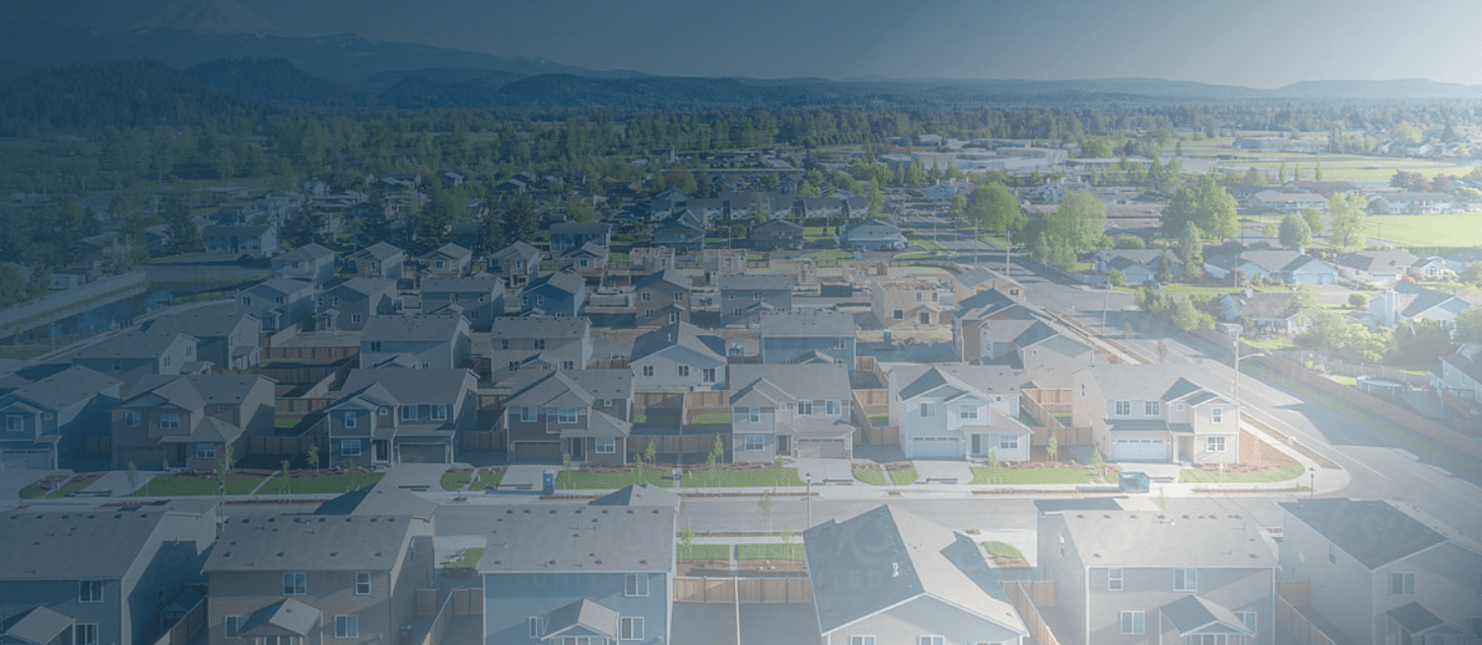How Long Do Roofs Last in Birmingham, MI
Maximize property value with expert roof maintenance and care.
Owning a home is a significant investment, and one of the most important aspects of homeownership is maintaining the integrity of the property’s structure. One crucial component of a house that often gets overlooked is the roof. A well-maintained and durable roof not only protects your home from the elements but also adds to its overall value. However, many homeowners are often left wondering, How long do roofs last? Understanding the lifespan of a roof and the factors that can affect its longevity is essential for making informed decisions about roof maintenance and replacement. In this comprehensive guide, we will explore the frequently asked questions about the lifespan of roofs, with a focus on addressing the specific concerns of homeowners in Birmingham, MI.
Factors Influencing Roof Longevity
When considering the lifespan of a roof, several factors come into play. Climate, material quality, installation, and maintenance all play crucial roles in determining how long a roof will last. Understanding these factors can help homeowners make informed decisions about their roofing needs.
Climate: The climate in Birmingham, MI can have a significant impact on the lifespan of a roof. Exposure to extreme temperatures, high winds, heavy snow, and frequent precipitation can all contribute to the wear and tear of roofing materials. In Michigan, the fluctuating temperatures and occasional severe weather conditions can take a toll on roofs, potentially shortening their lifespan.
Material Quality: The type and quality of roofing materials used can greatly influence how long a roof will last. Different materials, such as asphalt shingles, metal roofing, and clay tiles, have varying lifespans and durability. Investing in high-quality materials can extend the longevity of a roof and reduce the frequency of repairs and replacements.
Installation: Proper installation is crucial for the longevity of a roof. Poor installation can lead to premature deterioration and structural issues. Working with reputable roofing contractors who have experience in installing roofs in Birmingham, MI, is essential for ensuring that the roof is properly installed and able to withstand the local climate.
Maintenance: Regular maintenance and inspections can significantly extend the lifespan of a roof. Addressing minor issues promptly can prevent them from escalating into major problems that require extensive repairs or premature replacement. Homeowners in Birmingham, MI, should consider scheduling annual roof inspections to identify and address any issues early on.
Average Lifespan of Different Roofing Materials
The lifespan of a roof varies depending on the type of material used. Understanding the average lifespan of different roofing materials can help homeowners plan for the future and make informed decisions when it comes to roof replacement.
Asphalt Shingles: Asphalt shingles are the most common roofing material in the United States, including Birmingham, MI. They are relatively affordable and easy to install, with an average lifespan of 15 to 30 years. However, factors such as climate and maintenance can influence the actual lifespan of asphalt shingles.
Metal Roofing: Metal roofs are known for their durability and longevity. When properly installed and maintained, metal roofs can last 40 to 70 years or even longer. They are resistant to fire, mildew, insects, and rot, making them an attractive option for homeowners looking for a long-lasting roofing solution.
Clay Tiles: Clay tiles offer a timeless, elegant look and can last 50 years or more with proper maintenance. They are resistant to fire, rot, and insect damage, making them a durable choice for homeowners in Birmingham, MI. However, clay tiles are relatively heavy, and proper installation is crucial to ensure their longevity.
Signs Your Roof Needs Replacement
Recognizing the signs that indicate a roof is reaching the end of its lifespan is crucial for homeowners. Ignoring these signs can lead to costly repairs and potential damage to other parts of the house. Here are some common indicators that your roof may need replacement:
1. Age: As a general rule of thumb, if your roof is approaching the end of its expected lifespan based on the material used, it may be time to consider a replacement. For example, if you have asphalt shingles that are over 20 years old, it’s advisable to have a professional inspection to assess the condition of the roof.
2. Curling or Missing Shingles: Curling or missing shingles can leave the underlying structure vulnerable to water damage and leaks. If you notice a significant number of damaged shingles, it may be a sign that your roof needs replacement.
3. Water Stains or Leaks: Water stains on the ceiling, attic, or walls can indicate a roof leak. While some leaks can be repaired, widespread or recurring leaks may signal the need for a new roof.
4. Sagging or Rotting: A sagging or rotting roof deck is a serious issue that requires immediate attention. The structural integrity of the roof may be compromised, and replacement may be necessary to ensure the safety of the home.
5. Increased Energy Bills: An aging or deteriorating roof may lead to poor insulation and higher energy bills. If you notice a significant increase in heating or cooling costs, it could be a sign that your roof is no longer providing adequate insulation.
Choosing the Right Roofing Contractor
When it comes to replacing a roof, selecting the right roofing contractor is as important as choosing the right materials. Working with a reputable contractor ensures that the installation is done correctly and that the new roof meets local building codes and standards.
Here are some key considerations when choosing a roofing contractor in Birmingham, MI:
1. Reputation and Experience: Look for contractors with a solid reputation and extensive experience in the industry. Consider reading online reviews and asking for referrals from friends or family members who have recently had their roofs replaced.
2. Licensing and Insurance: Ensure that the roofing contractor is licensed and insured. This provides protection for both the homeowner and the contractor in case of accidents or damages during the roofing process.
3. Warranty and Guarantee: Inquire about the warranties and guarantees offered by the contractor and the roofing materials manufacturer. A reliable contractor should stand behind their work and provide warranties for the installation and the materials used.
4. Communication and Transparency: Choose a contractor who communicates effectively and is transparent about the project timeline, costs, and potential issues that may arise during the installation process.
5. Local Knowledge: Select a contractor who is familiar with the specific roofing needs and challenges in Birmingham, MI. Local knowledge can ensure that the new roof is designed to withstand the local climate and weather conditions.
Last reflections
Acknowledging the lifespan of a roof and the factors that influence its longevity is crucial for homeowners in Birmingham, MI. By considering the climate, material quality, installation, and maintenance, homeowners can make informed decisions about roof replacement and maintenance. Recognizing the signs that indicate a roof needs replacement and choosing the right roofing contractor are essential steps in ensuring the long-term durability and protection of a home’s roof.
With proper care and timely replacement when needed, homeowners can ensure that their roofs continue to provide reliable protection for their homes for many years to come.


